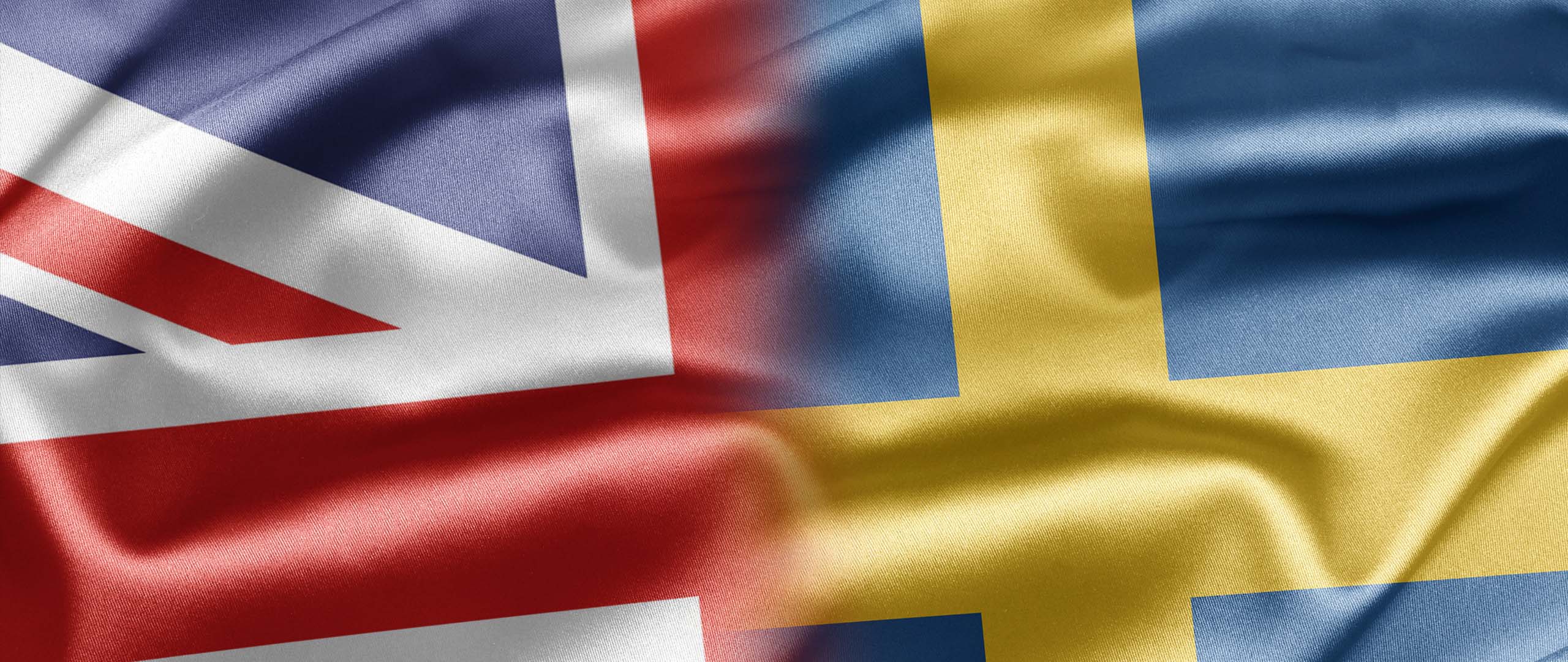The UK Gambling Commission and its Swedish counterpart, the Spelinspektionen, have announced a new partnership that will see the regulators working closely in their approach to gambling regulation in their respective countries.
Expressed in a Memorandum of Understanding between the two regulators, the agreement will see the Gambling Commission working alongside the Swedish regulator, at a time of considerable flux in the regulatory landscape for Swedish gambling.
The deal will see the two regulators sharing know-how and expertise, including the exchange of policy information, with a view to improving how both approach the many and varied issues thrown up by their domestic gambling sectors.
However, according to some analysts, the deal is perhaps a little lopsided, with the Swedish authorities more in need of the support than the UK regulator. This is backed up by the Gambling Commission’s global reputation as a solid gambling regulator, versus the newly rebranded Swedish institution, which has come in for heavy and sustained criticism over its approach to regulating the Swedish market.
The initiative itself has been widely praised, and commentators have suggested that the partnership could provide a working model for other global regulators to get their heads together and work more effectively in their own domestic markets.
Yet after a difficult year for Swedish gambling regulators, it seems that the partnership could help them get back on the right track towards developing a legal structure that supports, rather than hinders, the legitimate gaming sector.
There is no doubt the Gambling Commission still has its detractors, and complaints to and against the regulator remain commonplace. But they are nothing compared to the difficulties experienced by the Swedish regulator, which has been accused of being overzealous in its approach to certain operators, to the extent that it has had a serious detrimental impact on their business.
The Swedish gambling market first opened its arms to private operators back in January, with lawmakers having devised a new remit for the regulator, to go with its rebrand to Spelinspektionen. However, the regulator’s approach has been criticised extensively by operators, who long for a system more akin to the UK approach to regulation.
Swedish based Global Gaming, for example, has blamed the regulator for a decline in revenues of 76% on the year since the changes came into effect.
CEO Tobias Fagerlund said that the regulator has been too eager to appear decisive in its new role, rather than supporting operators to comply with its new expectations.
“Saying it was dark times would be a gross understatement. The regulator’s eagerness to show decisiveness, instead of offering guidance and support in how the new regulations should be interpreted, has led to the present situation. Fundamentally, I am very positive about the Swedish re-regulation but, like many others, am of the opinion the so-called channelisation does not work satisfactorily.”
The Gambling Commission is far from perfect, and there is almost certainly something it can learn from Swedish regulators. But as a more established regulator, particularly as relates to the challenges posed by online and mobile gambling, the Gambling Commission is well placed to help the Swedish authorities straighten out their aims and objectives, before they do any further damage to the Swedish market.
While the partnership is to be commended, it shows what can happen when regulators get in the way, rather than supporting industries that already exist. The alternative is that an overzealous regulator could drive the market underground, where regulators simply have no power to oversee proceedings – bad news for operators, players and the regulators themselves.
Instead, it’s more effective for regulators to take a pragmatic view, one that supports the industry while offering the safeguards players need to have trust in their gambling. Hopefully with support from the UK Gambling Commission, the Swedish regulator will soon be on the right track.

